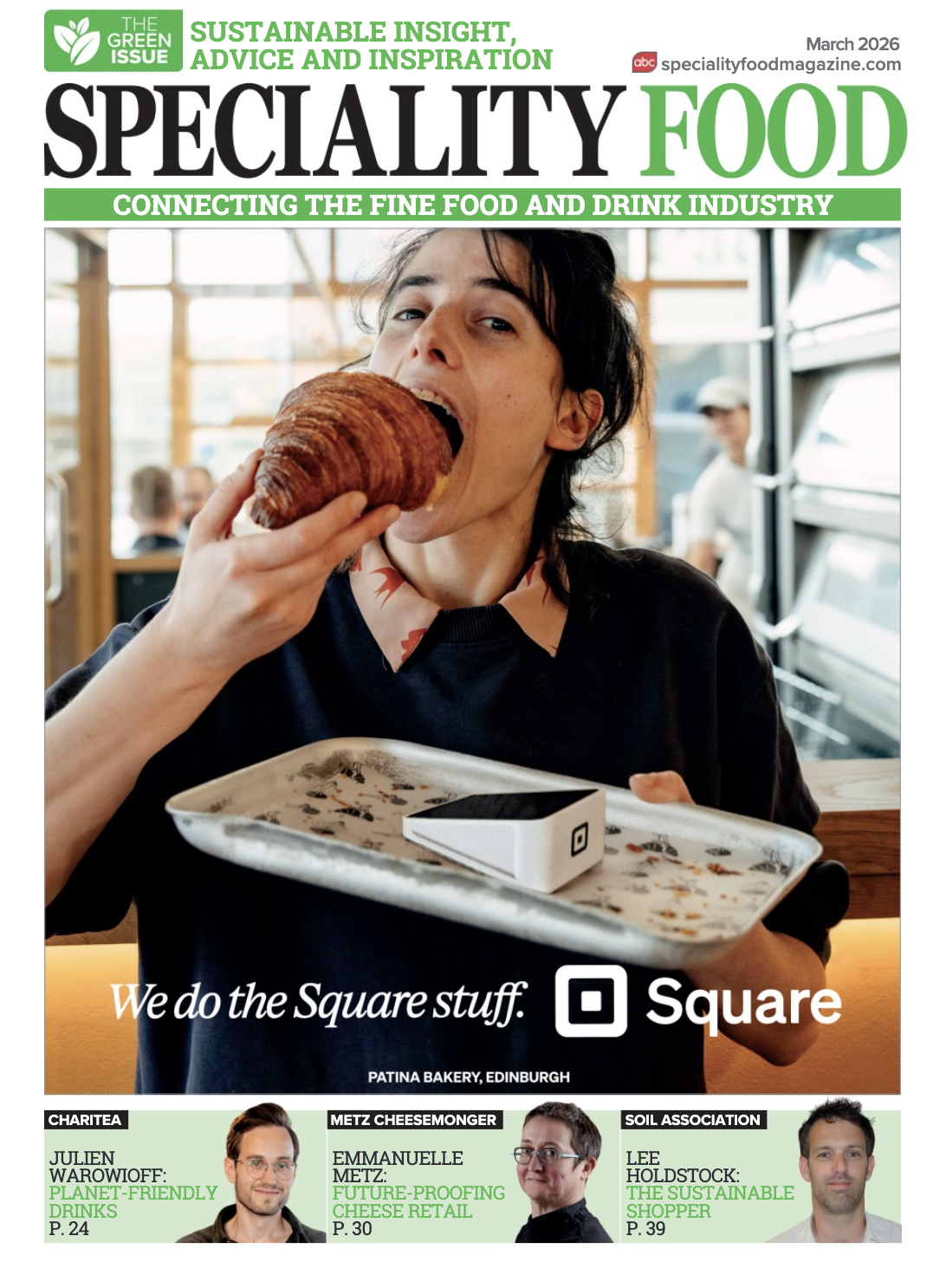Burgering about

- It’s time to go left field rather than safety-first
- “Fashion or for keeps?”
- “New year and new possibilities”
- “What is in a name?”
- “The art of shopping”
The experts would have it that the now ubiquitous burger was invented in 1904 by Fletcher 'Old Dave' Davis, who hawked ground-beef sandwiches around the St Louis World’s Fair.
However, the same gang of experts manage to disagree about the derivation of the name ‘burger’. For me the hot contender is ‘Hamburg steak’ which morphs into hamburger, and there are references of Hamburg steak sandwiches that pre-date the St. Louis Fair.
In Britain we have been messing about with burgers for a good while now, and they continue to go from strength to strength. There was a fork in the road during the 1970s when the ‘real’ burgers (large, meaty and American) went head to head with their fast food cousins on the High Street (thinner, cheaper and American), but now pundits are arguing whether burgers have peaked.
It is a perverse rule of nature that when the food industry establishes a strong market for a dish, chefs everywhere immediately set about improving it. In the late 1990s Richard Corrigan put a foie gras burger on the menu at his Fulham Road restaurant, while more recently in New York, at DB Bistro Moderne, Daniel Boulud offered a Braised Short Rib, Foie Gras and Black Truffle-Stuffed Sirloin Burger with a price ticket to match.
Look around London and you’ll find that the burger is in exceedingly good health, which is quite impressive when you consider the amount of pressure from the Health Police to ensure that all burgers are cooked until grey. Along with the successes of the burger and the street food invasion, we have also seen a subtle change in the way dishes are described. Coleslaw we know about and macaroni is a childhood favourite, but today’s menus list “slaw” or “mac ’n’ cheese”. Somehow this transatlantic shorthand is worming its way onto our menus. Which wouldn’t matter if it were not the case that a large percentage of the appeal of any dish is tied up in the language.
Take another booming sector of the restaurant market: steak. The bullocks that today’s steaks are cut from are pretty much the same animals as cows have always been. In her magnum opus Every-Day Cookery, under Steaks Mrs Beeton lists: ribs, sirloin, rump, thick flank and aitchbone. You have to wonder what she would make of menus about town offering fillet steak on the bone, flat-iron, Picanha, onglet, Pope’s eye, Porterhouse, D-rump, fillet tail and Chateaubriand.
Remember all these enticing variants come from the same animal. With steaks it is easy enough to change the name of the cut and so spark some interest in the diner, but a burger is a burger. And, in some ways, burger is a magic word when you are selling. Label a dish a burger and you hitch it up to burger values – short hand for reasonably priced, filling, freshly cooked, honest and informal. Which is probably why there are a host of burgers on menus everywhere that could just as easily be described as dishes.
There’s a mackerel ‘burger’ at Arbutus, countless ‘burgers’ made from chicken, the Kiwiburger at Gourmet Burger Kitchen – topped with beetroot, fried egg, pineapple, and aged Cheddar – and the ‘Frenchie’ at Bar Boulud Knightsbridge: a beef patty, confit pork belly, rocket, Dijon mustard, tomato compote and Morbier cheese in a peppered bun!
So, while the New Product Development folk thrash around trying to re-invent the wheel – or in this case the burger – customers will keep coming back for the classic burger and the fads and fancies will soon be out of date. I wonder if anyone told Old Dave that his minced meat sandwiches had to be cooked through and through?
more from Fine Food
-
“The Joy of Lists”
11 September 2019 Fine FoodSo how was your summer? Time to savour traditional seasonal attractions… Sunny Glastonbury… Cricket’s World Cup. -
“Jellyfish”
02 September 2019 Fine FoodThe thoughtful diner’s watchword is that “you cannot have anything better than exactly what you want.” -
“A pinch of flavour”
18 July 2019 Fine FoodIt’s as if two teams of research scientists have gone to war… firstly there are the white-coated folk who champion new products and try to find the next wonder food, while at the other extreme laboratories start by listing the dire…

